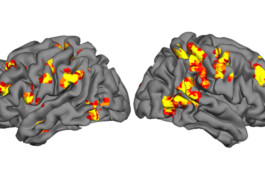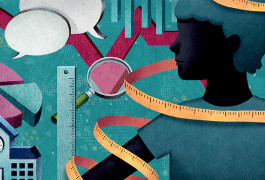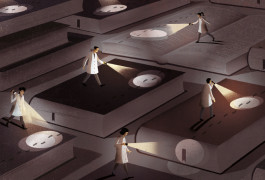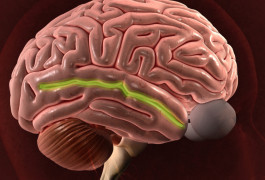Questions for Letitia Naigles: Parsing pronoun confusion
Children with autism tend to mix up personal pronouns when their language skills outpace their social awareness.

Children with autism tend to mix up personal pronouns when their language skills outpace their social awareness.

Clinicians can use play to deliver therapies that could improve a child’s social skills, language and certain cognitive capacities.

Clinicians are underdiagnosing autism in children from low-income families and minority groups — setting back their potential to benefit from therapy.

Studying parents of children with autism has long been controversial, but that doesn’t mean scientists should avoid it.

Children who lose their autism diagnosis show distinct brain activity patterns that may reveal how treatment affected their developing brain.

Terms such as ‘low-functioning’ often used to describe people with autism, are misleading and stigmatizing. Tracking people’s daily lives over time may offer a clearer picture of life with the condition.

Most children who have both autism and intellectual disability take their first steps on time or earlier than those with other conditions.

The authors of “Neurotribes” and “In a Different Key” urge scientists to question their biases and to translate their findings into tangible benefits for those on the spectrum.

Some children who read early or speak late are misdiagnosed with autism.

Researchers are homing in on the superior temporal sulcus, a groove in the brain that collects social information, as a key player in autism.